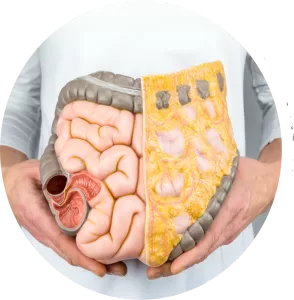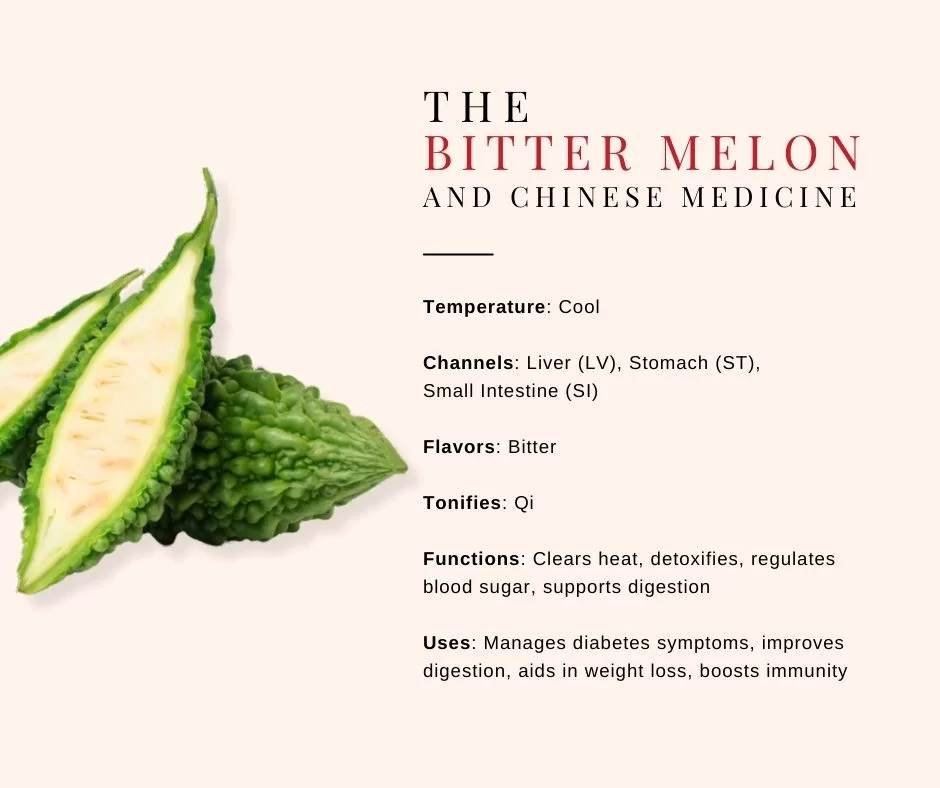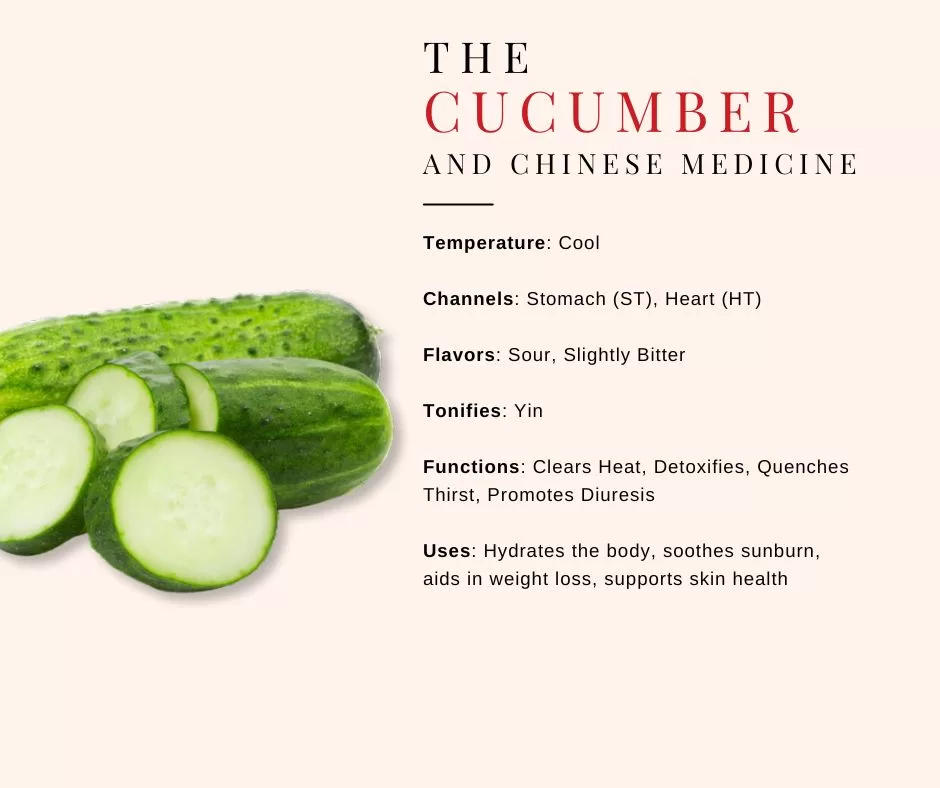- WE MOVED !!!
-
 Professional Acupuncture & Physical Therapy1118 East Superior Street
Professional Acupuncture & Physical Therapy1118 East Superior Street
Duluth, MN 55802(218) 724-3400 Clinic Hours
Mon8:00 am - 4:30 pmTue1:45 pm - 4:30 pmWed8:00 am - 4:30 pmThu8:00 am - 4:30 pmFriCLOSED

- Long Covid Booklet
Blog
Acupuncture and colon cancer
 Colon cancer is the third most common cancer in the United States with about 60,000 deaths from it every year. Like all cancer, treatment can be long, uncomfortable and come with many side effects. Those getting chemotherapy may experience nausea, vomiting, postoperative pain, cancer related pain, insomnia and anxiety. The chronic pain can significantly impact quality of life. Most patients are prescribed medications such as opioids for pain that have side effects and are highly addictive.
Colon cancer is the third most common cancer in the United States with about 60,000 deaths from it every year. Like all cancer, treatment can be long, uncomfortable and come with many side effects. Those getting chemotherapy may experience nausea, vomiting, postoperative pain, cancer related pain, insomnia and anxiety. The chronic pain can significantly impact quality of life. Most patients are prescribed medications such as opioids for pain that have side effects and are highly addictive.
In Traditional Chinese Medicine it is believed that colon cancer comes from a number of underlying factors such as spleen yang deficiency, kidney yang deficiency, kidney yin deficiency and liver yin deficiency. Acupuncture works by addressing these deficiencies to return the body back to balance. Using specific points on the body related to these organs, acupuncture stimulates the body’s natural energy flow, Qi, and blood flow to improve organ health.
Going through chemotherapy treatment can cause severe fatigue. One study showed that acupuncture resulted in a 30 percent improvement in a baseline fatigue score.
Insomnia and anxiety are one of the most common symptoms that cancer patients experience. Acupuncture has been proven in numerous studies to be just as effective, if not more, than prescription drugs in improving sleep and decreasing stress and anxiety levels. This alternative treatment has also been shown to improve overall mood.
Acupuncture can help boost the immune system. Chemotherapy can greatly lower the body’s immune defense, leaving one in a vulnerable state due to a decrease in white-blood cell count. By increasing blood flow and stimulating Qi, acupuncture is a great way to improve immune function.
Cancer and cancer treatment is nothing to take lightly. A diagnosis can drastically change one’s life not only physically but mentally as well. If you have been diagnosed with colon cancer and/or going through chemotherapy, it is important to remember that there are alternative, safe treatments that can help make the process easier. If a loved one is going through treatment, support is the best thing you can do for them. March is National Colorectal Cancer Awareness Month and there is no better time to get tested and become educated on the facts.
Sources: https://theory.yinyanghouse.com/conditions-treated/alternative-natural-options-for-colon-cancer
Five Foods To Avoid For A Healthy Colon
If you want to keep your colon clean it is important your diet reflects that. Optimal colon health is very dependent on what you are or are not putting into your body. There are specific foods that don’t help out your colon at all. Take a look at these five foods you should avoid to make sure your colon is healthy and functioning at its highest possible level.
- Processed Meats
One of the most important things to avoid if wanting a healthy colon is processed meats, and this can be hard to do. In the food culture we are surrounded by, processed meats are on a regular display. Lots of restaurants and grocery stores are doing a better job of avoiding processed meats now, but it can still be hard to avoid them. You want to make sure you do though, as they have been linked to an increased risk of colon cancer.
- Alcohol
Alcohol can be detrimental to your body if you so let it. An increased risk of colon cancer, damage to the digestive tract and liver damage are all risks you take when partaking in heavy consumption of alcohol. So do your colon a favor and limit your intake.
- Burned or Charred Foods
It is best to utilize cooking methods that decrease the risk for colon injury or cancer. Burning or charring foods creates carcinogens, which can lead to an increased chance of colon cancer. Take care of your foods when barbecuing and avoid eating over blackened or charred areas.
- Fast-Food
This one is pretty self-explanatory. Don’t eat fast-food. Just do yourself a favor and avoid these foods high in fat, sodium and cholesterol. Help out your colon, pass on the fast-food.
- Limit Sugar
Diets high in sugar have been shown to increase the chance of colon problems, such as Crohn’s Disease and ulcerative colitis. Sugar has yet to be directly linked to colon cancer, but it is linked to weight gain and obesity.
Food as Medicine – Bitter Melon

Bitter Melon
Bitter Melon, with its cool nature and bitter flavor, is particularly beneficial during hot weather or for heat-related health issues. It primarily affects the Liver, Stomach, and Small Intestine channels, helping to clear heat and detoxify the body. By tonifying Qi, Bitter Melon supports the body’s natural energy levels and aids in regulating blood sugar, making it an essential food for those managing diabetes. Additionally, its properties improve digestion and boost immunity, making Bitter Melon a powerful component in promoting overall gastrointestinal health and wellness.
Stir-Fried Bitter Melon with Black Bean Sauce
Ingredients
- 2 medium sized bitter melon
- 2 tablespoons fermented black beans
- 2 garlic cloves, minced
- 1 tablespoon ginger, minced
- 2 green onions, chopped
- 1 tablespoon soy sauce (or to taste)
- 1 teaspoon sesame oil
- 1 tablespoon cooking oil(preferably a neutral oil)
- optional: 100g (about3.5 oz) sliced beef or tofu for protein (adjust soy sauce and cooking time accordingly)
Preparation
- Prep Bitter Melon: Halve, deseed, slice into half-moons. Optional: Soak in water for 10 mins, then rinse.
- Rinse Black Beans: Rinse, lightly mash with fork.
- Stir-Fry Aromatics: Heat oil, add minced garlic, ginger, half of green onions. Stir-fry until fragrant, 1-2 mins.
- Cook Bitter Melon: Increase heat, add slices. Stir-fry until softened, 3-5 mins.
- Add Protein (Optional): Add beef or tofu, cook until done.
- Season: Stir in black beans, soy sauce. Cook 2 mins. Drizzle with sesame oil, sprinkle remaining green onions.
Five Acupuncture Points for Indian Summer

Acupuncture is part of a medical system that dates back nearly 3,500 years. This medical system is known as Traditional Chinese Medicine or TCM. TCM acknowledges not four but five seasons. The fifth season, Indian Summer, occurs in late August through mid-September. Each season in TCM has a pair of organs or energetic pathways it corresponds to. For Indian Summer, these pathways are those of the spleen and stomach.
The spleen and stomach are directly responsible for digestion. The spleen also has the added function of transporting and absorbing water in the body. When the spleen is not functioning properly, the body may suffer from a buildup of dampness. This can manifest as edema, digestive issues and even brain fog. Many people who have impaired spleen function also suffer from diabetes.
To keep the spleen and stomach functioning properly within the TCM system, things like acupuncture, herbal formulas, nutritional counseling and practices like qi gong or tai chi may need to be incorporated. There are over 350 acupuncture points on the body, but there are some that work exceptionally well during Indian Summer to help with digestion and fluid transport.
- Spleen 9 – This point is located bilaterally on the inside of the lower leg. It can be found by locating the tibia, following it up the leg to the knee and then feeling for the depression behind and below the lower edge of the tibia. This acupuncture point is a wonderful point to use to help drain edema and decrease abdominal pain, bloating and diarrhea.
- Stomach 25 – This point is located bilaterally on the lower abdomen. It can be found about 2 finger-breadths laterally away from the middle of the belly button and completely level with it. This point is part of a group known as the four doors. Stomach 25 is used to treat abdominal pain, bloating, constipation, diarrhea and edema.
- Ren 6 – This point is located on the midline of the abdomen, about one and a half thumb-breadths directly below the belly button. This is another point that is part of the four doors grouping. Ren 6 can be used to help with abdominal pain, edema, diarrhea, constipation and menstrual problems.
- Ren 12 – This point is located on the midline of the abdomen, about four thumb-breadths directly above the belly button. This is the final point that completes the four doors grouping. Just like its counterparts, Ren 12 can help with bloating, abdominal pain and diarrhea. It is also used to treat stomachaches, acid reflux, vomiting and diarrhea.
- Spleen 6 – This point is located bilaterally on the inside of the lower leg. It is found three thumb-breadths above the medial ankle bone and just behind the tibia. Spleen 6 is frequently used by acupuncturists. It helps with abdominal pain and bloating, diarrhea, menstrual problems, urinary leakage, edema, dizziness, vertigo and insomnia.
Any of these points can be used alone or in conjunction with others. They can be manually stimulated using pressure from a finger or dull, rounded tool. But for best effects, it is recommended acupuncture be applied.
Healthy Eating According to Traditional Chinese Medicine

Do you consider yourself a healthy eater? Do you follow the guidelines set forth by the government for healthy eating? Or have you gone rogue? There are as many different definitions of healthy as there are colors in the rainbow. But according to traditional Chinese medicine, there are certain guidelines that will keep the body happy and healthy throughout life. Let’s explore this a little deeper.
The Traditional Chinese Medicine diet is based on energetic principles that encourage balance, clean burning digestion and a well-functioning body that remains free of disease and full of energy. Eating for balance is a way of life in Traditional Chinese Medicine theory. There are certain foods that help the digestive system function properly and allow the body to utilize the nutrients it needs to perform. When food enters the mouth, it travels through the stomach and intestines. This is where the energy is extracted from the food and the waste products are excreted. The energy that was extracted become your life force or Qi (pronounced “chee”). Digestion, in TCM theory, should be an unnoticeable event. The digestive system should be clean and quiet, allowing the body to extract the most nutrition and energy from the food that is ingested. If the digestive system becomes clogged, the energy does not get adequately absorbed and there is leftover residue that sticks to places within the body thus causing blockages and affecting the body’s daily functions.
Dampness is the most common byproduct of eating foods that create blockages in the digestive system. Foods that create dampness include cheese, yogurt, white flour and sugar. Dampness causes blockages or stagnations that can then lead to pain and disease. Symptoms of accumulated dampness include mucus, loose stools or constipation, excess weight gain and swollen joints. Chronic allergies and arthritis are two Western medicine diseases that are very closely linked to dampness.
To avoid disease, the TCM diet recommends things like steamed rice, cooked vegetables and small quantities of animal protein. Vegetables play a major role in draining dampness and are packed with nutrition. The more colorful the vegetables, the healthier they are for the body, as they contain lots of antioxidants that promote health and longevity. Your plate should begin with large quantities of brightly colored and lightly cooked vegetables. Leafy greens are very important also as they are some of the most balancing and nutrient dense foods available.
Rice is a balanced food that is easily digested. Rice is also hypo-allergenic and this is advantageous to those who are dealing with allergies as it is very gentle on the digestive system. White rice tends to be more cleansing, while brown rice is considered more nourishing. Rice is a clean burning food that gently drains dampness from the body.
Protein is the final component of a healthy TCM diet. Animal proteins and beans are difficult to digest and therefore are only suggested in small quantities. Beans are better overall than animal proteins as they do help absorb dampness and they provide fiber.
There are several things that should be avoided in the TCM diet. Dairy is one of the biggest culprits of creating dampness. It is also cold in nature and this is a hindrance to the digestion. Cold, raw foods are culprits in the formation of dampness, as it is difficult for the body to process them. This is why foods ingested should be at least at body temperature. When the body has to heat the food, it drains the energetic resources of the body, which weakens the body over time. So things like salads, chilled food, iced drinks and frozen foods should not be included in the daily diet.
When it comes to healthy eating, it is obvious that most of the United States doesn’t adhere to the aforementioned guidelines. If you are truly trying to eat healthy and you are dealing with illness, why not consider trying the TCM way of eating? You might be surprised at how your body changes.
Food as Medicine – Cucumber

Cucumber
Cucumber, with its cool nature and sweet flavor, is excellent for summer or any heat-related conditions. It resonates with the Stomach and Heart channels, helping to clear hear and detoxify the body. Futhermore, cucumber supports the Yin, making it useful in treating dehydration and promoting overall skin health. Its hydrating properties also make it an ideal choice for weight management and urinary health.
Tangy Cucumber Salad
A refreshing and hydrating salad that pairs well with grilled meats or as a standalone snack. Cucumber provides hydration and essential vitamins, while the tangy dressing adds a burst of flavor.
Ingredients
- 2 medium cucumbers, thinly sliced
- 2 tablespoons apple cider vinegar
- 1 tablespoons olive oil
- 1 teaspoon honey
- 1 teaspoon Dijon mustard
- Salt and pepper to taste
- 2 tablespoons chopped fresh dill (optional)
Preparation
- Whisk together apple cider vinegar, olive oil, honey, Dijon mustard, salt, and pepper.
- Combine thinly sliced cucumbers with the dressing.
- Before serving, sprinkle with chopped fresh dill.
